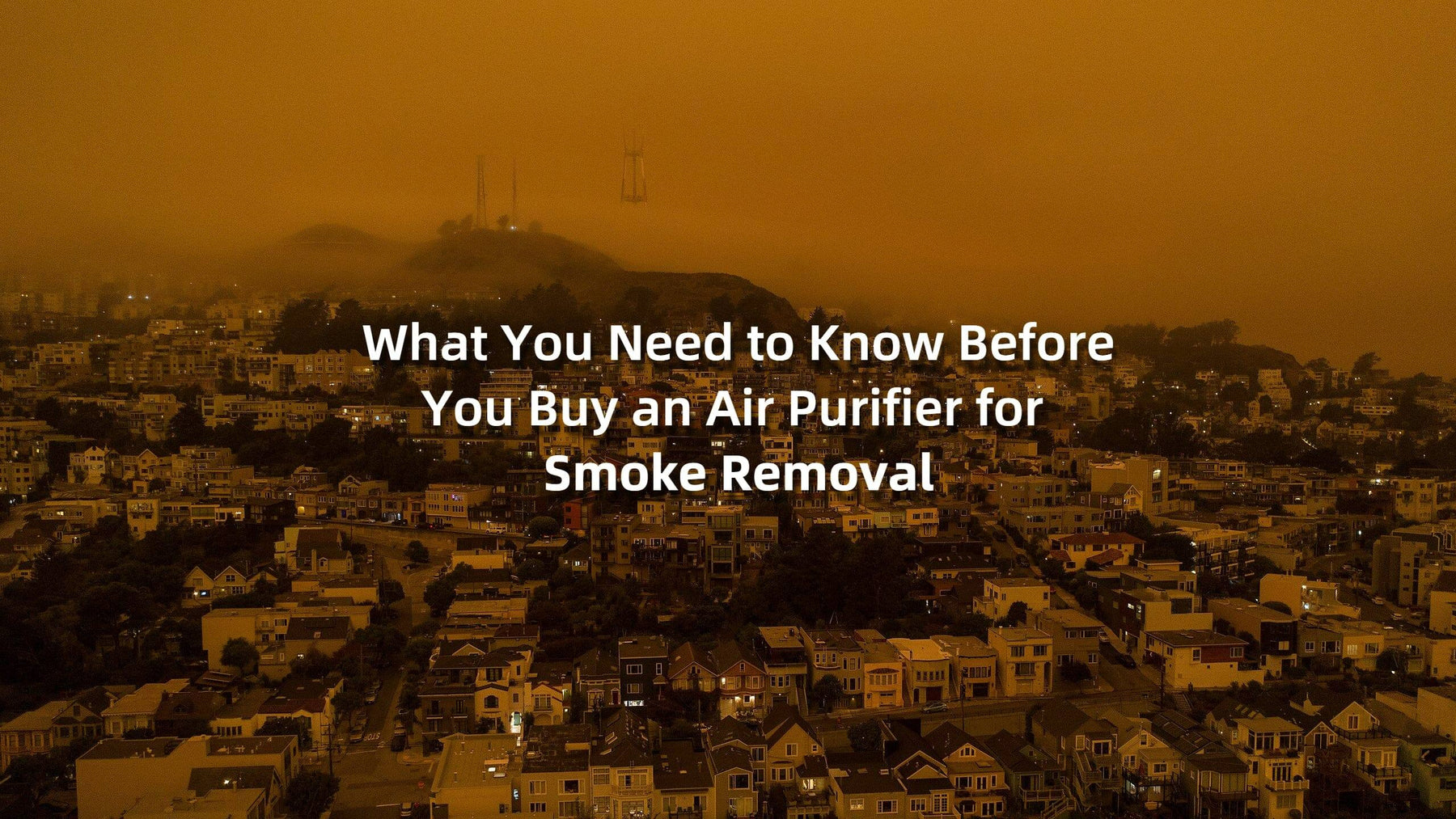
What You Need to Know Before You Buy an Air Purifier for Smoke Removal
1. Understanding air purifier basics
There are numerous air purifiers available today, but not all will work for the same person. Considering that each system cleans the air differently, you should look for an air purifier that captures at least 99% of all contaminants.
2. Every type of smoke is different
Most air purifiers claim to reduce smoke, but they usually mean tobacco smoke. To remove the toxins from tobacco smoke, these cleaners use a unique blend of carbon. The smoke from wildfires contains microscopic soot particles and fine ash particles sized between 0.4 and 0.7 microns, so an alternative filtering technique is required.
3. Make sure your air is filtered with a True HEPA filter
HEPA (high-efficiency particulate air) filters remove microscopic wildfire smoke from the air. The HEPA filter's highly dense paper filtration system traps airborne contaminants, which are not captured by ozone or ionic air purifiers. When purchasing filters, search for one that has been certified as a HEPA filter. The certification states that these filters will remove 99.97% of particles in the air.
4. Upgrade the HVAC filters
Upgrading your furnace and air conditioner filters is sometimes a better alternative to buying an air purifier. If you have central air and heating, the EPA states that a medium MERV filter may be as effective as using a genuine HEPA filter when eliminating indoor airborne particles. If you become too dependent on these filters, you need to replace them when the fires are out.
5. Check to see how loud it is
Smoke-free air requires 24/7 operation, so you do not want a noisy machine that will disturb you at night. Look for air purifiers with high and low fan speed ratings that pass practical particle reduction tests.
6. It's all about size
A smaller room air purifier may seem appealing but won't save you money. According to experts, you shouldn't buy a HEPA air purifier for a room smaller than 150 square feet. If possible, seek out options for purifying 350 square feet or greater rooms, as these are usually more effective at removing smoke.
7. Placement is important
You're likely to have five times as much pollution in your home as outside - and wildfire particles aren't even considered here. It would be best to place the air purifier in a place where you often spend most of your time while you are indoors. Air purifiers are most commonly used in bedrooms, although you can move them throughout the day.
8. Put them to work right away
It will help if you run your new air purifier for an hour as soon as you bring it home. Passing the air through the filter 4-6 times helps clean the air in your room quickly. If you want to maintain the improved air quality, you can switch the machine to automatic or low. It is also good to run the air purifier once you have cleaned it with the fan on high to remove any particles that are in the air.
9. Changing your filters
Replace your air purifier's filters and pre-filters regularly whether you have an air purifier or a wildfire recently. It will help you maximize your air purifier's performance and keep it running at peak performance.

Leave a comment